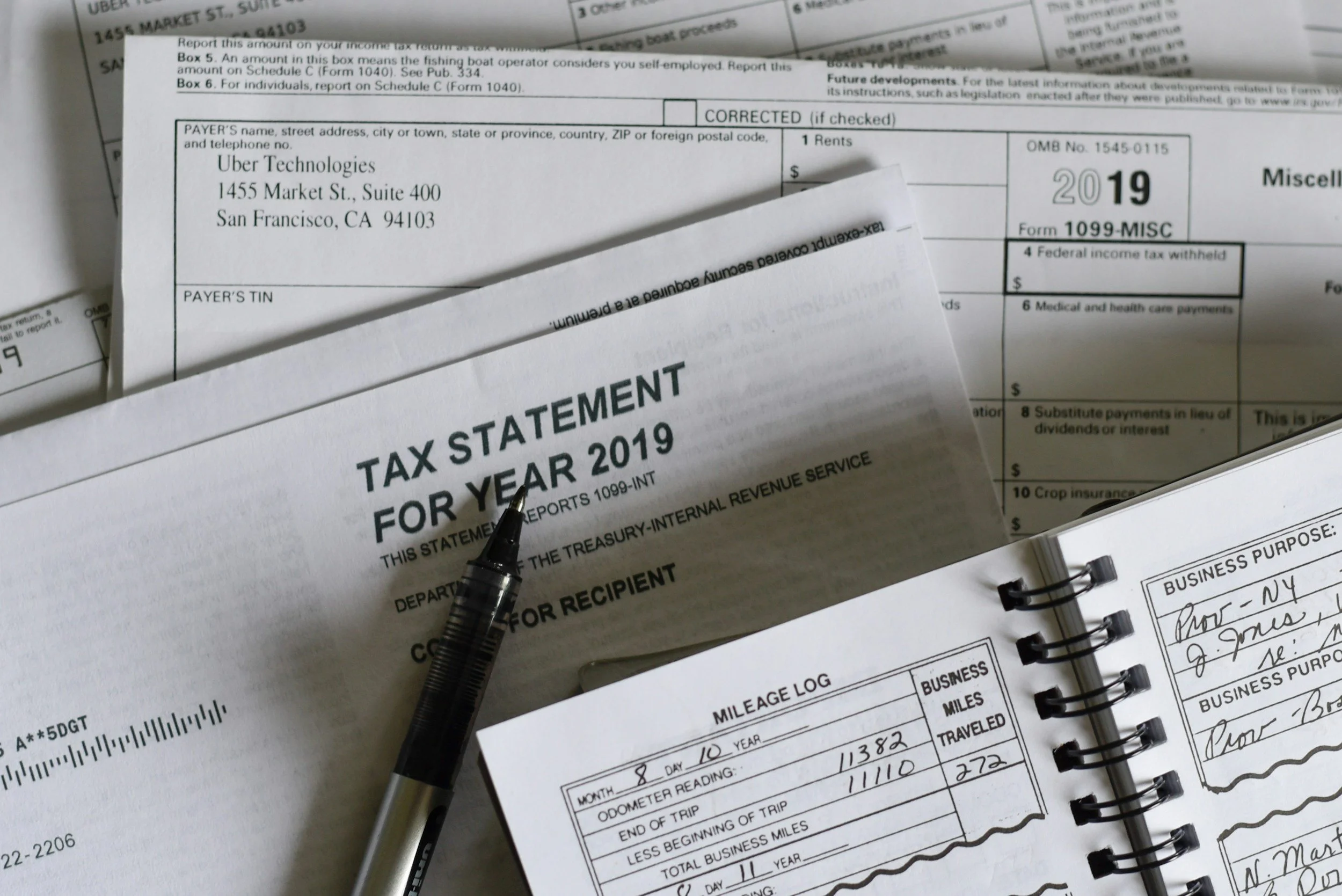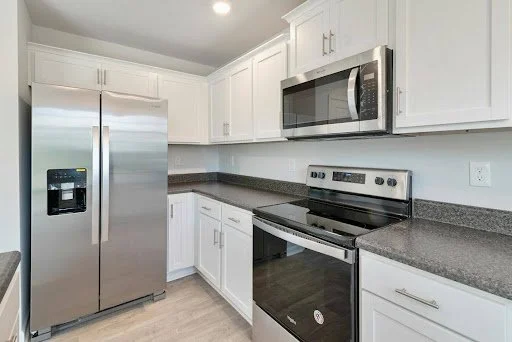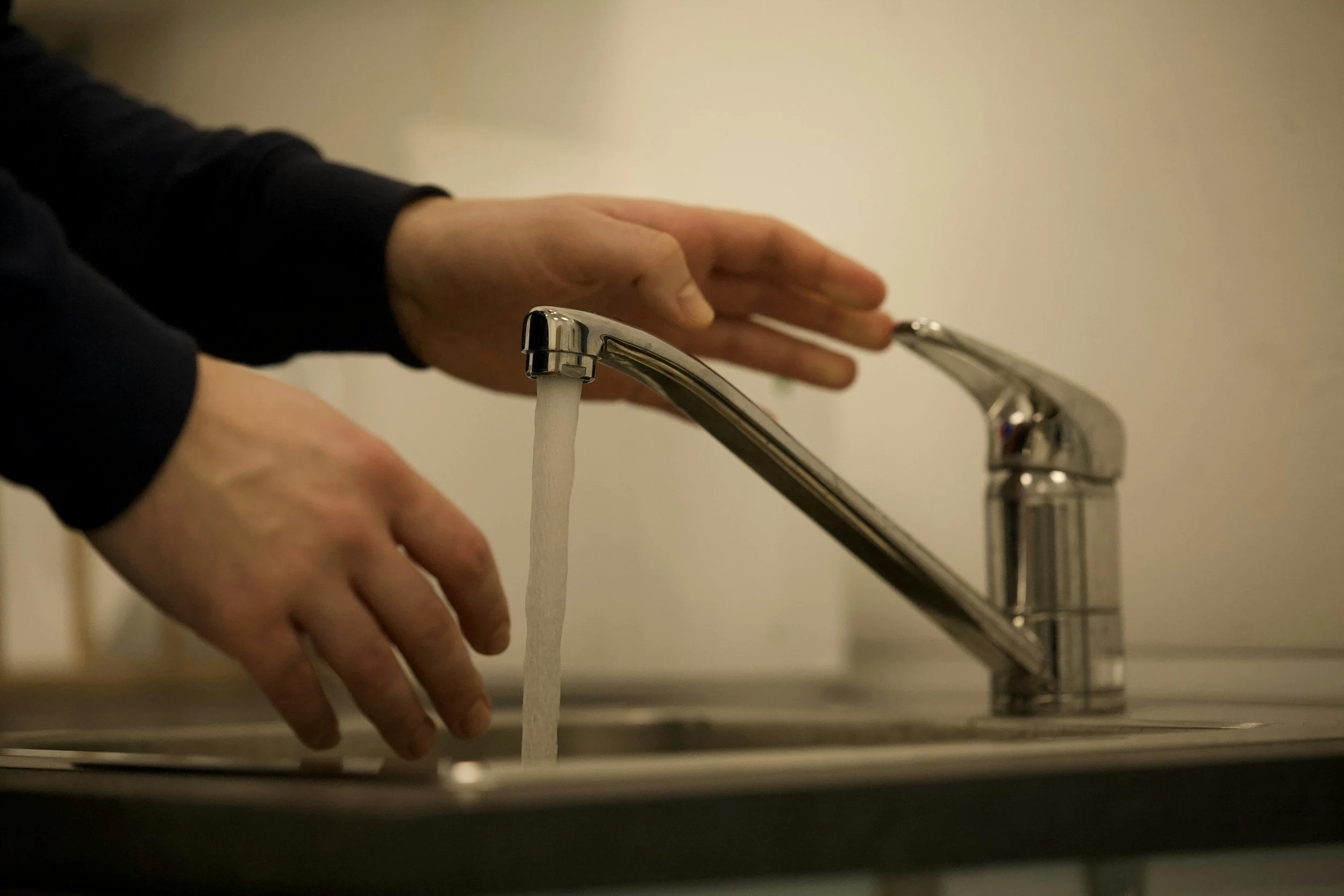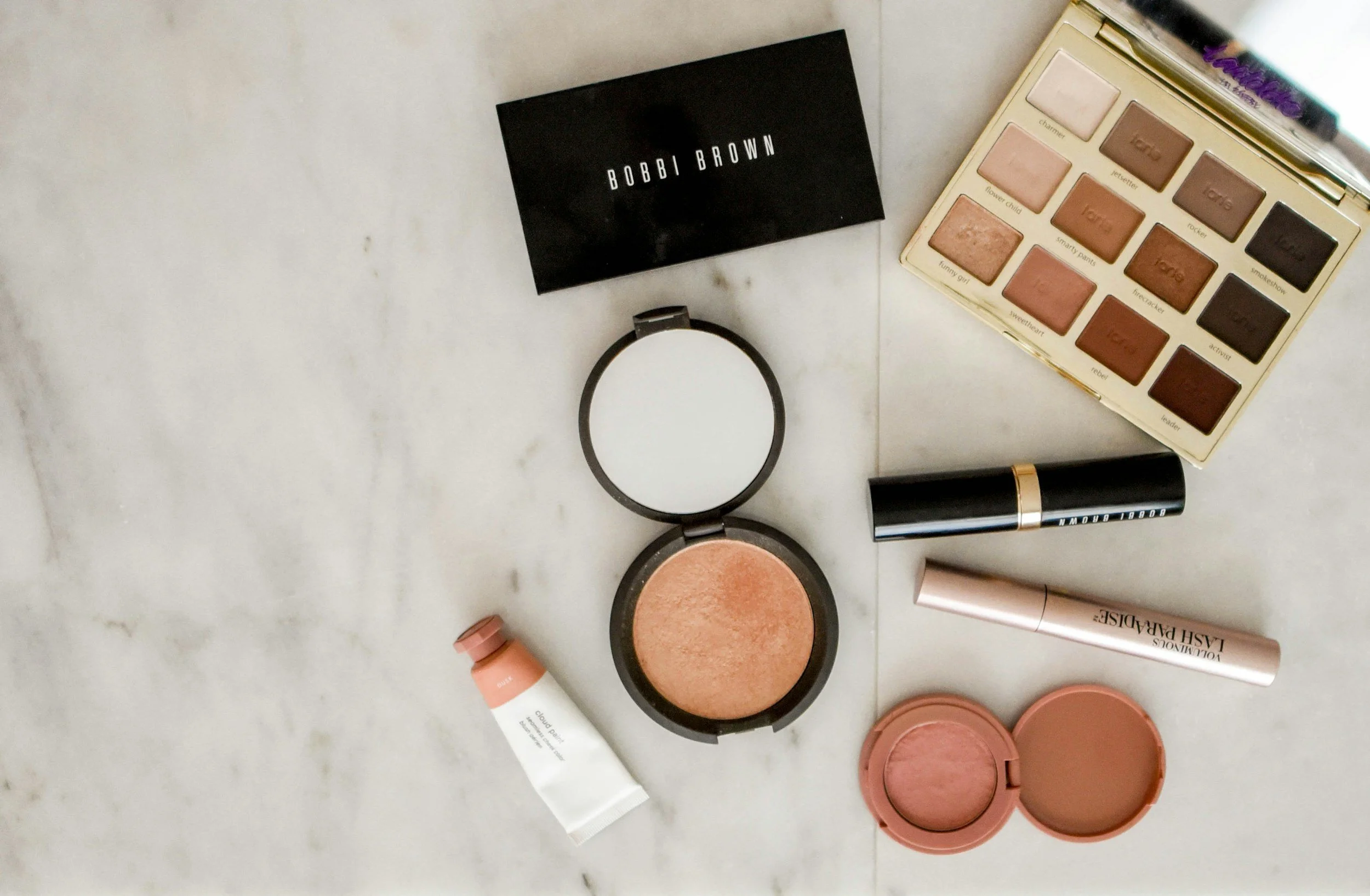Useful Tips On How To Inspect A Used Car For Maximum Sustainability
By PAGE Editor
If you need a new vehicle and can’t afford to buy one, or if you just don't want the hassle of car payments, then buying a used car might be your best option. But how do you know if it's worth the money? You could ask friends for advice, but that only gets you so far.
A better way is to learn how to inspect a used car yourself and uncover any potential problems before they become too serious. Here are some things you should look for. Here are some things you should look for. Car shocks are probably the least thought about when used car shopping.
Ask for a Documentation of Maintenance History
When inspecting a used car, one of the most important things you can do is ask for documentation on the vehicle's maintenance history. This will, according to Lauderdale MINI, give you an idea of how well the car has been taken care of and may reveal any potential problems that have been fixed in the past. Also, be sure to ask the seller about any accidents the car may have been in and get repair estimates, if possible.
Documentation is key when it comes to used cars. If the car has a good maintenance history, it will show you that the previous owner took care of the car and that there is less risk for potential problems in the future. Keep in mind that a car with a bad maintenance history should be thoroughly inspected as well, as you might miss something if the seller doesn't have documentation. Check places like carson auto repair for maintenance information on your next auto purchase.
Take It for a Test Drive
When test-driving a used car, be sure to take it on different types of roads and drive it at different speeds. This will help you get a feel for how the car handles and whether or not there are any issues with the engine, brakes, or tires. You should also listen for any strange noises while driving, as this could be a sign of a bigger problem.
Another important thing to check when test-driving a used car is the condition of the brakes and tires. Make sure the tires have good tread and aren't too worn down, and check to see if the brake pads are in good condition. If either of these things is in bad shape, it could be expensive to fix them.
Run it Through a Checklist
When inspecting a used car, it's important to run it through a checklist to make sure everything is in good working order. This checklist can include things like checking the engine performance, looking for fluid leaks and testing the air conditioning and heating. This list can vary depending on what's important to you, but it's a good idea to cover all your bases and can help you weed out any cars that may not be a good fit for you.
Your mechanic can help with this list, or you can do some research online to find the most common problems for certain types of cars. This will help you understand what to look for and why it's important.
You can also ask the seller questions about the car when you're inspecting it, such as how often they drove and where they stored it in their garage (which could affect how often it was driven). It's a good idea to do this even if you run through a checklist, so you have a better idea of the car's history.
Check with the Mechanic
If there are any problems with the car that you're not comfortable fixing yourself, be sure to get estimates from a few mechanics before making a purchase. It's important to know how much repairs will cost before buying a used car, as this can help you decide if it's the right option for you.
Budgeting for car repairs is extremely important when it comes to buying any type of vehicle. If you're not comfortable doing the repairs yourself or don't have enough money saved up, a used car may not be the right choice. For those seeking a trustworthy platform to assist in the used car purchasing process, Autoflow provides valuable insights and tools to make an informed decision.
Be Sure You Can Afford It
Another thing to think about before buying a new or used car is whether or not you can actually afford it. Car payments, insurance, registration, and repairs can add up pretty quickly, so be sure to factor all of these costs into your budget before making a purchase.
Are you going to need a loan, or will you be able to pay cash? If you're not sure, it might be a good idea to speak with a financial advisor about your options.
Used cars can be a great option for those on a budget or for those who don't want to deal with the hassle of buying a new car. However, it's important to inspect the car thoroughly, run it through a checklist and ask the right questions before making any decisions.
HOW DO YOU FEEL ABOUT FASHION?
COMMENT OR TAKE OUR PAGE READER SURVEY
Featured












When investing in quartz countertops, choosing the right warranty and care package is just as important as selecting the color and finish.